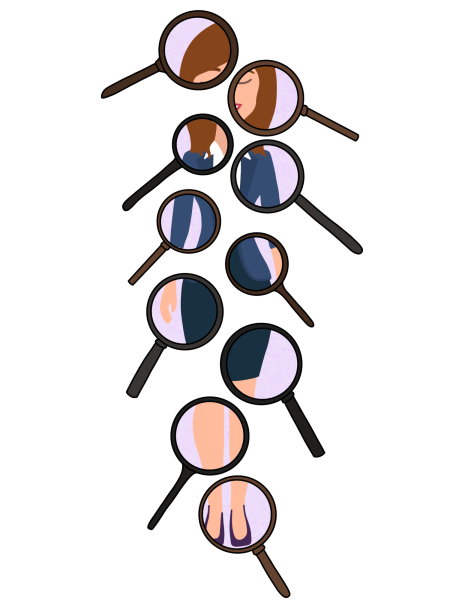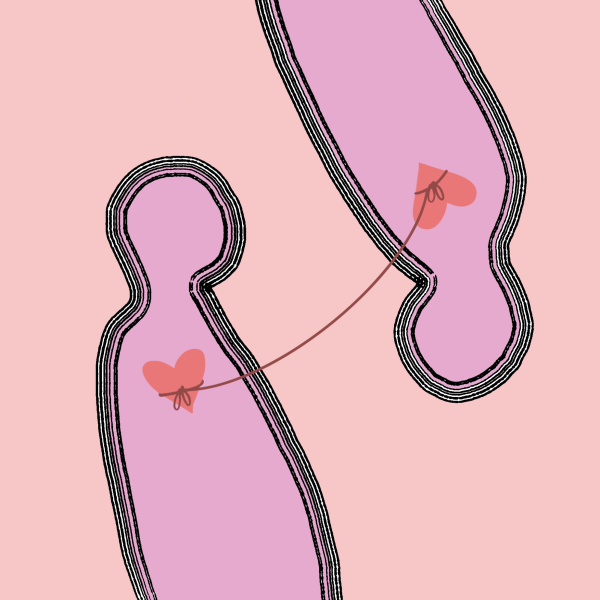Minus the City: Sexism in STI Stigma
Recently, I witnessed a group of people ridicule someone for having contracted an STI. This was deeply troubling to me, although in the moment I wasn’t sure why. My uncertainty translated into silence. I now realize that in my silence, I participated in something inappropriate and disgustingly insensitive and degrading towards this woman who was unaware of the words of this group. There is no excuse for this, but I will try to use this platform in the hopes of preventing others from making the same mistake.
STI stigma is inherently anti-feminist because historically, women, especially female sex workers, were deemed responsible for the spread of STIs. This is especially true in 19th century France where female sex workers were publicly shamed and even arrested if they did not show up to be medically examined for “venereal diseases.” Jill Harsin, professor of history at Colgate University, examines prostitution in 19th century France with incredible depth in her book Policing Prostitution in Nineteenth-Century Paris. In 1802, she explains, female sex workers succumbed to mandated examinations done at dispensaries. One can argue that this was a necessary response to public health concerns, especially after France saw a surge in venereal disease following the occupation of foreign troops in light of the newly fallen empire. Nevertheless, dispensaries were “funded entirely by prostitutes,” even though they were obligated to receive examinations. Doctors even refused to receive payments directly from the sex workers in fear of humiliation. Female sex workers were demonized, ridiculed and unfairly made to seem like the root of this public health issue.
This scenario echoes the mentality that scapegoated the LGBTQ+ community during the AIDS epidemic as being responsible for the disease. Mirroring this is the uproar of xenophobia following the syphilis outbreak in late 15th century Europe. The case of Flora Price in the 1700s illuminates the differences of treatment between men and women with STIs, as Price was treated in a workhouse while her male counterparts were gifted the comfort of hospital beds while in treatment.
What I witnessed was a gross reversion back to these mentalities. A woman ridiculed and made out to seem “unclean” for having unfortunately contracted an STI is a reflection of sexist attitudes that view sexually overt women as shameful. It is a reflection of the association of STIs with inferiority and disgust. In all the disgraces we have witnessed in the year 2020, the stigmatization of women suffering from STIs should not be one of them. In fact, one in two of the people reading this column right now will contract an STI before the age of 25. If you or someone you know may have an STI and are afraid to reach out for help, YesMeansTest.org is an incredible organization that seeks to help young adults get connected with a clinician so that STI testing can occur quickly, easily and confidentially.









